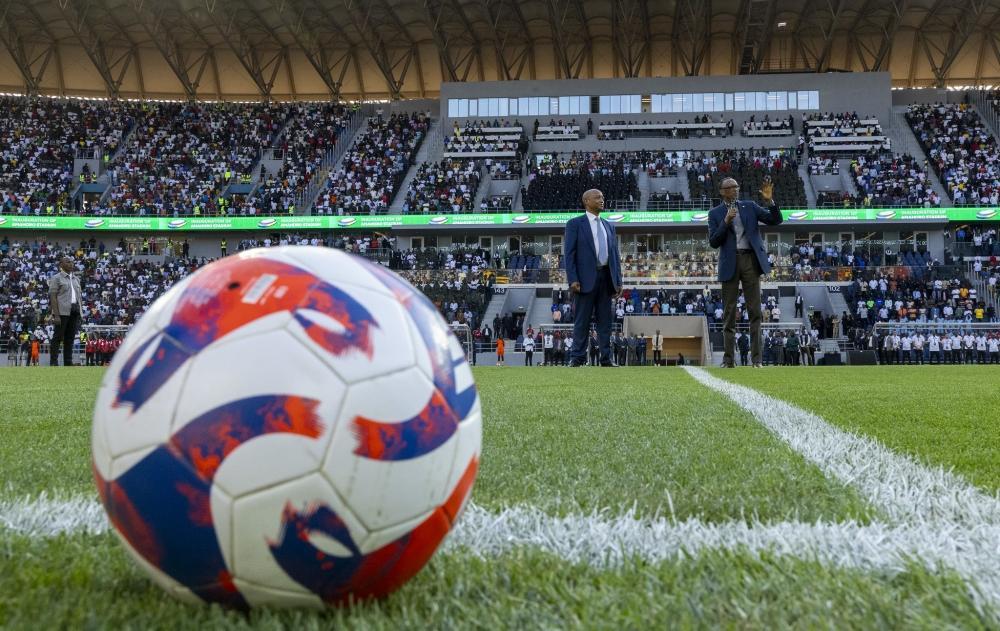Africa-Press – Rwanda. When Rwanda hosted the recent Basketball Africa League (BAL) tournament, there was excitement everywhere. On every game night, the BK Arena, where the matches were held, was always packed to capacity.
When our own teams played, it was even more special. Thousands of Rwandans and other Africans turned up to watch these games.
There is absolutely everything right about this. People coming out to support their own teams means there is a growing interest in sports, and not just basketball.
Visit the newly renovated, multimillion-dollar Amahoro Stadium when local football teams face off, or stop by Gahanga Cricket Stadium when local matches are underway. It’s always a spectacle.
This kind of energy and enthusiasm is seen across the country when football, volleyball, cricket, or even golf teams are competing.
Beyond the games themselves, there is always a hive of economic activity. At each BK Arena game, food vendors, breweries, restaurants, bars, and gift shops race to serve hundreds of spectators.
Across the street, bars, hotels, saunas, restaurants, coffee shops, sportswear stores, and even photographers all compete to capitalize on the crowd.
That is the sports economy in a nutshell.
Just a few years ago, few would have believed it made sense to invest in an arena. Today, there is no longer a need to explain to any Rwandan why it’s important and cool to have such a world-class facility.
The BK Arena and Amahoro Stadium, now key components of the thriving Kigali Sports City, are already attracting investors, among them the developers of Zaria Court, a newly opened sports and entertainment complex.
Behind these facilities is a growing supply chain of services and products that are generating income. From sports consultants, trainers, doctors, and physiotherapists to lawyers, business advisory services, media and communication agencies, and providers of transport, hospitality, protocol, and security – an entire ecosystem is being built.
The government has laid a strong foundation. In fact, Rwanda aims to generate Rwf30 billion in sports tourism revenue by 2029, up from just Rwf1 billion projected for the 2024/2025 fiscal year.
This target is ambitious, to say the least. But what’s wrong with a country that dreams big? The next major focus should now be on how to turn this vision into reality.
Beyond securing high-profile sponsorship deals, we must also invest in nurturing local talent.
This means deliberately supporting talent identification programmes, building sports facilities in schools, incorporating sports into educational curricula, and empowering community-based initiatives.
Source: The New Times
For More News And Analysis About Rwanda Follow Africa-Press






